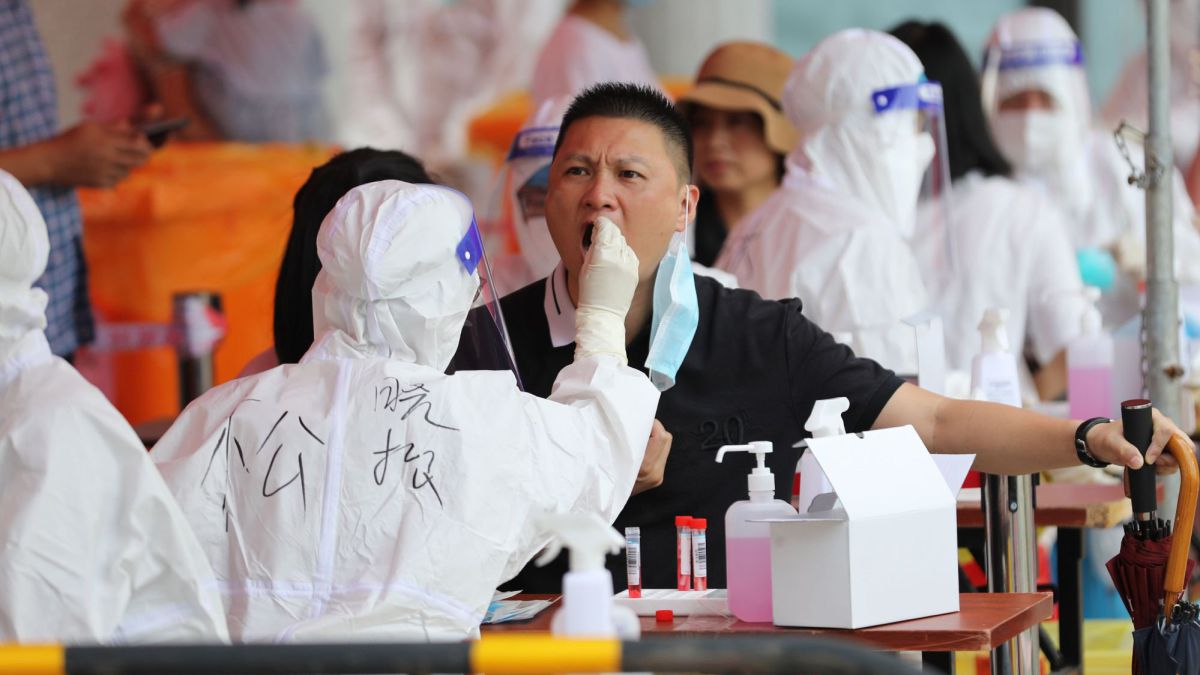The WHO believes it possible to control the pandemic in March 2022 if vaccination proceeds as it has been up to now
The director of the Department of Public Health and Environment of the World Health Organization (WHO), the Spanish María Neira, considers that if vaccination progresses as it has been up to now, the COVID-19 pandemic could be controlled in March 2022. In statements to the radio station RAC1, the Asturian endocrinologist has acknowledged that the end of the pandemic “is increasingly remarkable”, but he recalled that it is necessary to take advantage of it to change the current life model so as not to make the same mistakes.
“Two years is a period that we set ourselves and it will surely be a reasonable time. If we start to vaccinate at the speed that we have gone so far we could see the way out of this tremendous situation even sooner“Said the Spanish doctor. Neira believes that” the end is beginning to be more and more present, but when we come out of the pandemic we must take advantage to be better and not forget these lessons. “We must also take advantage so that this normality is an improvement in living conditions. We should review a little our ways of consumption, production and lifestyle so that our health is much more protected, “said the head of Public Health at the WHO.
Asked about the need to inoculate a third dose of the vaccine, Neira said: “We have asked for a moratorium, to wait, at least, until next year, until we have more information and evidence and until 40% of the world’s population can have a first dose. For us, the third dose, for now it can be postponedThis does not mean that if, later, the virus is endemic in the future, there would be some vulnerable groups to which it could be put, but for now we postpone the third dose until it is more equitable. It is a collective protection strategy“. Regarding the vaccination of children under 12 years old, Neira has said that at the moment he does not see it necessary and that, with the return to school, it will be possible to assess whether this age group really poses a risk of infection or not.
–


